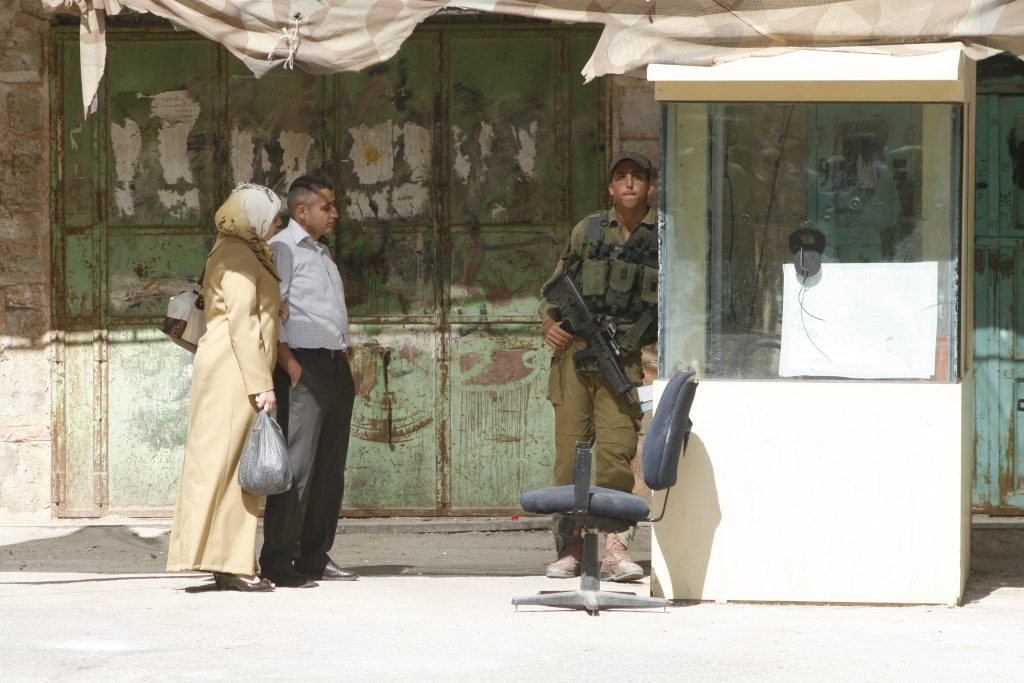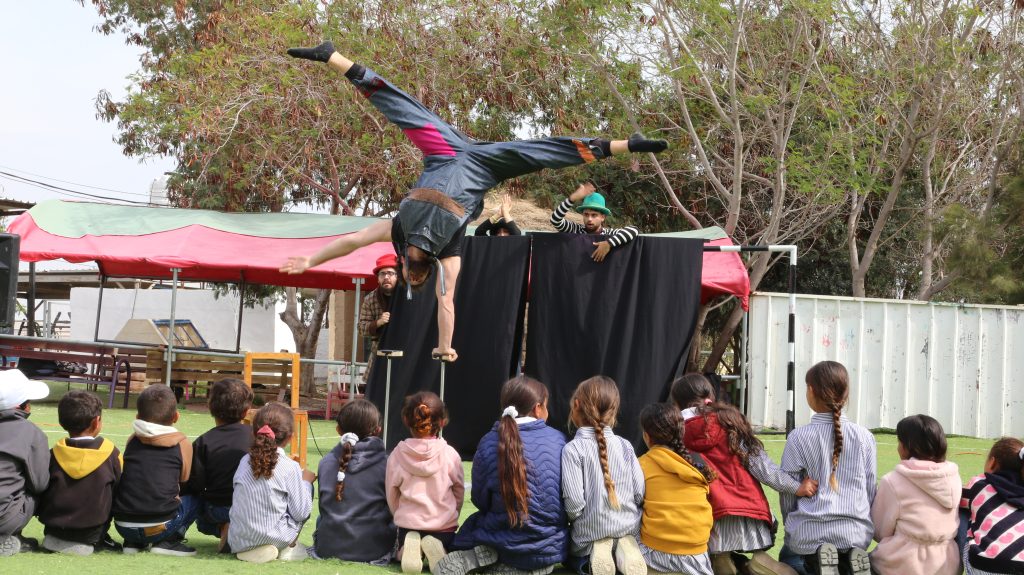As an international organization working in the arts and culture sector in Palestine, we are deeply troubled by the recent developments in the West Bank, where cultural organizations and individuals are increasingly being targeted. These actions are part of a broader pattern of shrinking civic space, which threatens the very fabric of Palestinian civil society and its ability to operate freely.

A Systematic Assault on Palestinian Culture
In recent months, we have witnessed the closure of vital cultural institutions, such as the Ibda’a Cultural Center in Dheisheh Refugee Camp, Bethlehem, and the Educational Bookshop and Jerusalem Library in Jerusalem. Artists and cultural workers who express solidarity with their colleagues have faced persecution, while cultural organizations in Jenin and Bethlehem camps have been repurposed as military investigation sites during raids on the camps.
This misuse of cultural spaces is not only a violation of their purpose but also a direct attack on the sanctity of these institutions. Cultural centers are meant to be safe spaces for creativity, learning, and community building – not tools for military operations.
Why Cultural Spaces Matter
Cultural spaces are not just venues for artistic expression, they are the backbone of civil society. They serve as platforms for dialogue, education, and collective memory, where individuals and communities come together to create, strengthen their identity, and process their shared experiences. The destruction or repurposing of cultural institutions is never just about buildings; it is an assault on the soul of a community. When a bookstore is raided, when a theater is shuttered, when artists are imprisoned, something far greater is lost: the shared narratives and collective dreams that bind people together.
Defending cultural spaces is about more than preserving heritage or artistic expression – it is about safeguarding the foundations of free and open societies. Throughout history, authoritarian regimes and occupying forces have sought to control or dismantle these spaces because they represent something powerful: the ability to imagine alternatives, to challenge narratives, and to keep hope alive. When cultural spaces are attacked, it is not just art that is at stake – it is the very right to collective identity, historical truth, and self-determination.

Culture is not just a reflection of society – it is a force that shapes the future. We must stand together to protect it.
The Silencing of Palestinian Voices
These actions are not just attacks on individual institutions or the people behind them. They are part of a deliberate and systematic effort to silence Palestinian voices, erase their narratives, and restrict the space for cultural expression. For those of us working in the arts and culture sector, this is deeply alarming. Cultural spaces are essential for any free and functioning society, and their destruction should concern anyone who believes in human rights and freedom of expression.
We stand in solidarity with our local partners and all Palestinian cultural organizations facing these challenges. Now, more than ever, it is essential to support these institutions and individuals, to amplify their voices, and to defend the right to cultural expression and civic freedom.
What you can do to help
The targeting of Palestinian cultural spaces cannot continue to go unchallenged. We urge our colleagues in the global arts and culture sector to take action:
- Raise Awareness & Show Solidarity – Use your platforms to amplify the voices of Palestinian artists and cultural workers. Speak out against the destruction of cultural spaces and the silencing of Palestinian narratives.
- Build Alliances & Collaborate – Break the imposed isolation by forming cross-border partnerships with Palestinian cultural institutions. DHIP is happy to help facilitate connections and collaborations that strengthen artistic and cultural resilience.
- Include Palestinian Voices – Ensure Palestinian perspectives are present in exhibitions, performances, festivals, and publications. Engage with Palestinian artists, showcase their work, and advocate for their right to cultural expression.